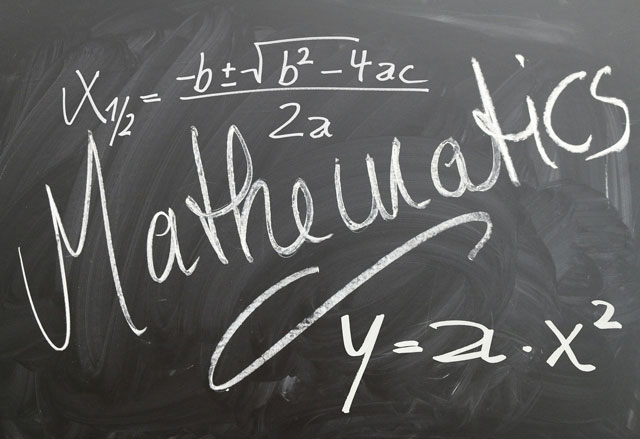
The department of basic education on Friday moved to clear up confusion over reports that it would now allow junior high school pupils to pass maths if they achieved 20% in the subject.
“To start, there is no such thing as a 20% pass mark for mathematics and there has been no change in the progression policy to reflect such,” said spokesman Elijah Mhlanga.
He said departmental policy to date had stated that a pupil would fail the year, even if they passed all their other subjects with distinctions, but got less than 40% for maths.
“While the policy is under review, a decision was taken to condone those who did not meet the 40% criteria in mathematics to the next grade if they met all other pass requirements and obtained more than 20% in mathematics.”
The decision only applied to grade 7-9 pupils for this year as an interim measure.
It effectively excluded pupils who were failing other subjects.
Mhlanga said the department was aware that not everyone was mathematically inclined.
At present, it was compulsory for pupils in these grades to do “pure mathematics”.
“Some people are more inclined towards the arts, others are better with technical subjects, making this policy unfair to those who are forced to take mathematics, but are not good at it.”
On Thursday, a statement by the department said an administrative decision had had to be made within the limited time available.
A circular referring to the “special condonation dispensation” was recently issued to heads of departments, principals, managers, directors and exam and curriculum heads.
It stated that only pupils who passed grade 9 maths with 30% or more would be allowed to continue with the subject in grade 10. Pupils in the 20% range would be compelled to take mathematical literacy.
Western Cape education MEC Debbie Schäfer on Friday criticised the interim measure.
“This is simply putting a band aid on a patient in ICU and will result in the death of our economy if we do not do something urgently to fix it,” she said in a statement.
“How can a learner who achieves 20% be expected to pass maths the following year or two?”
Questions were raised around the department’s plan for improving the maths marks of those who were condoned.
“If there is no drastic action taken, we will be sitting in the same position next year,” said Schäfer.
“The circular does not address the real problem, and that is that we simply do not have sufficient good maths teachers in South Africa.”




